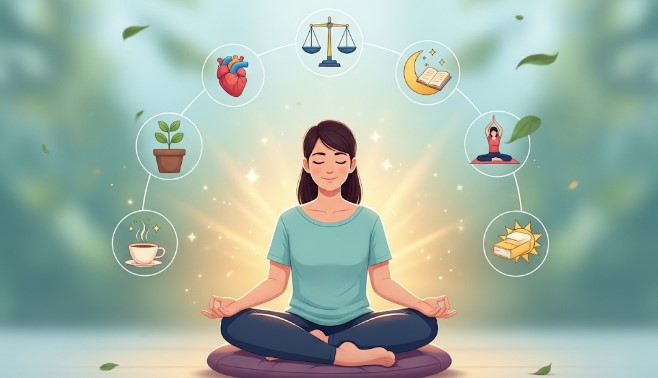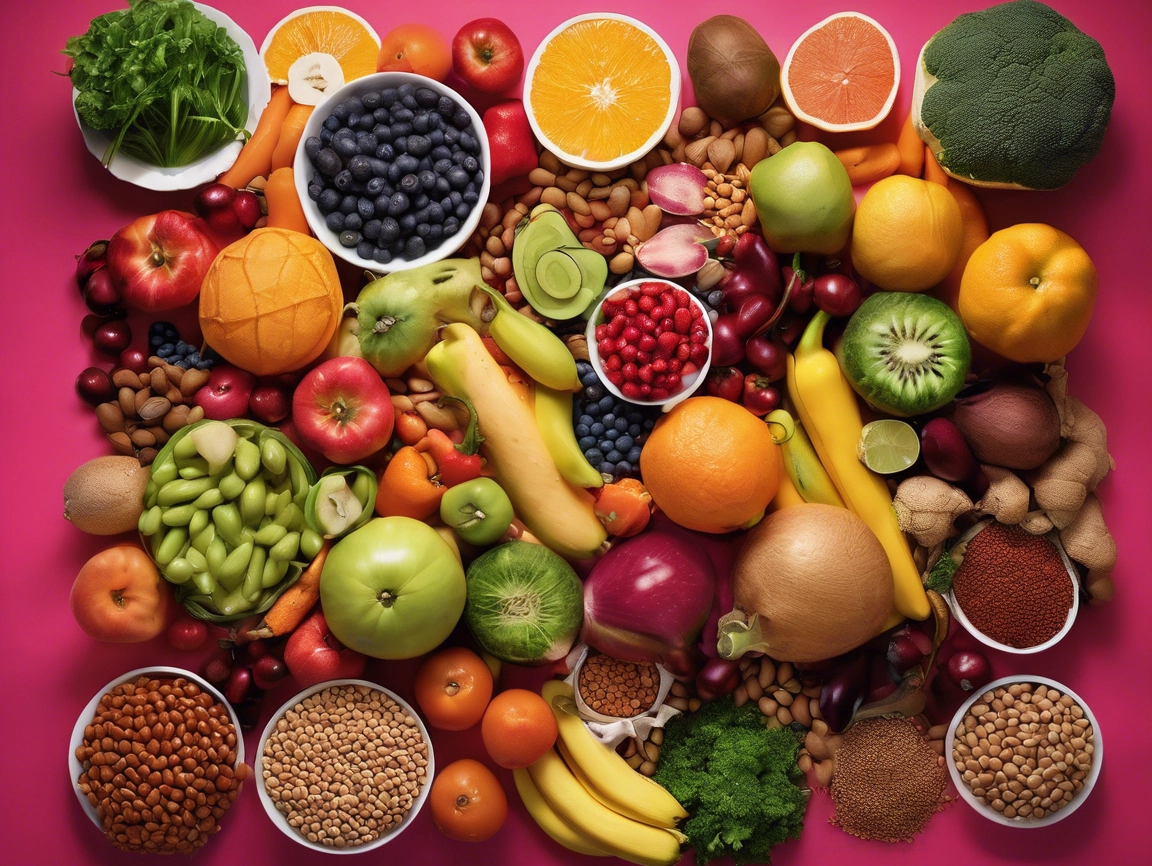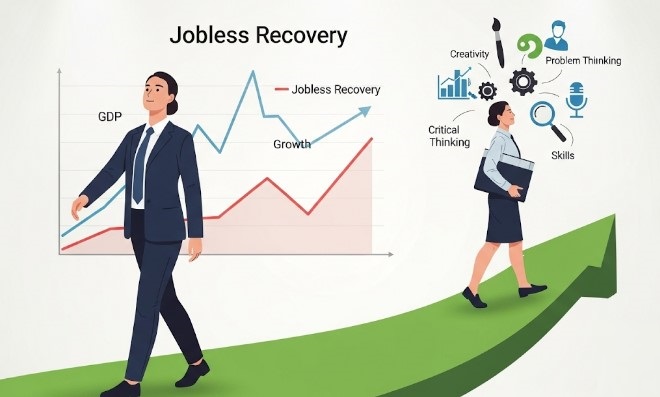Mental Health & Self-Care Tips: Stay Balanced in 2025 🧘♀️
Introduction
In our fast-paced, hyperconnected world, mental health has become more important than ever. Between work, social media, and daily responsibilities, stress can easily accumulate. Self-care isn’t a luxury — it’s a necessity.
This guide will provide practical, actionable strategies for maintaining mental wellness, reducing stress, and improving overall well-being. Whether you’re a freelancer, blogger, or busy professional, these tips can help you achieve a balanced and healthy lifestyle.
1. Establish a Daily Self-Care Routine 🌞
Consistency is key. Start small:
- Morning meditation or breathing exercises.
- Journaling your thoughts and gratitude.
- Setting intentions for the day.
Mini Case Study:
Alex, a digital entrepreneur, spends 10 minutes each morning journaling and meditating. He reports lower stress levels and higher focus throughout the day.
2. Mindfulness & Meditation Practices 🧘
Mindfulness reduces anxiety and improves focus:
- Use apps like Headspace, Calm, or Insight Timer.
- Practice “5-minute check-ins” to observe your emotions.
- Combine mindfulness with deep breathing for instant stress relief.
Tip: Even short, regular sessions create significant mental health benefits.
3. Prioritize Sleep & Rest 😴
Quality sleep impacts mood, productivity, and mental health:
- Keep a consistent sleep schedule.
- Limit screen time before bed.
- Use AI sleep trackers like Oura Ring or Fitbit to monitor sleep patterns.
Real-life example:
Lisa improved her productivity by 25% after creating a structured sleep routine guided by sleep-tracking AI.
4. Exercise & Physical Wellness 🏃♂️
Physical health supports mental health:
- Daily walks, yoga, or workouts.
- Use AI fitness apps like Fitbod or Nike Training Club for customized plans.
- Include movement breaks during long work sessions.
Tip: Pair movement with mindfulness — like walking meditations — for a double benefit.
5. Digital Detox & Social Media Balance 📵
Too much screen time increases stress:
- Schedule “phone-free” periods each day.
- Use apps like Forest or Freedom to limit distractions.
- Unfollow accounts that trigger negative emotions.
Mini Case Study:
After reducing social media time to 30 minutes per day, Tom felt more focused and less anxious, with improved creativity.
6. Nutrition & Mental Well-Being 🥗
What you eat affects how you feel:
- Eat nutrient-dense foods (fruits, vegetables, whole grains).
- Stay hydrated.
- Limit processed sugar and caffeine.
Pro Tip: Track your meals and mood for a week to notice patterns between diet and mental health.
7. Seek Professional Support When Needed 💬
Mental health professionals provide guidance and support:
- Online therapy platforms like BetterHelp or Talkspace.
- Local psychologists or counselors.
- Support groups or community workshops.
Tip: Early support prevents stress from escalating into serious conditions.
8. Build a Supportive Environment 🤝
Your social circle affects your mental health:
- Surround yourself with positive, supportive people.
- Share challenges with trusted friends or colleagues.
- Join communities (online or offline) focused on mental wellness.
Conclusion & Call-to-Action 🌟
Maintaining mental health and practicing self-care is essential in today’s busy world. Start with small daily actions, track your progress, and gradually integrate more strategies into your life.
💬 Your turn: What self-care habit will you start today? Comment below, share this article, and help others prioritize their mental well-being!






Leave a Reply